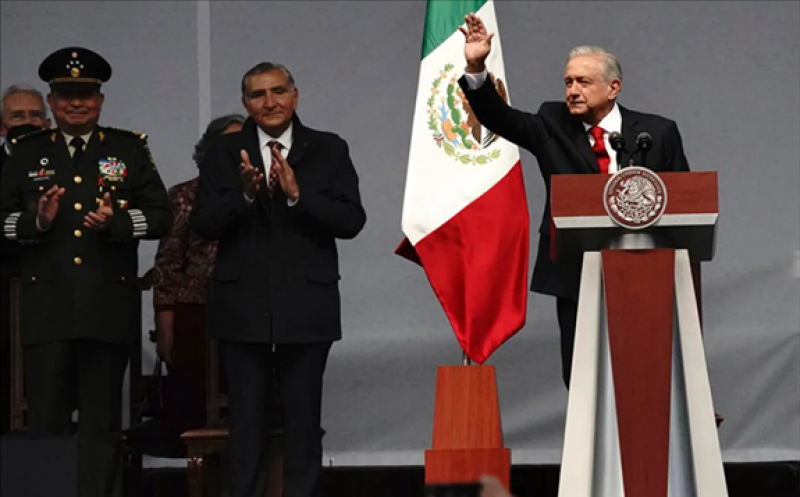Mexico's plan to favor its own state-owned electrical power plants and limit energy sales by private, foreign-built projects could affect U.S. investment in Mexico, officials said during bilateral talks this week.

According to statements issued Friday, the U.S. government has "real concerns with the potential negative impact" on U.S. firms and investments.
"In each meeting, we expressly conveyed the Biden-Harris Administration's real concerns with the potential negative impact of Mexico's proposed energy reforms on U.S. private investment in Mexico," according to a statement by U.S. Secretary of Energy Jennifer M. Granholm. "The proposed reform could also hinder U.S.-Mexico joint efforts on clean energy and climate."
Mexican President Andrés Manuel López Obrador said he received a list of U.S. and Canadian firms who had voiced complaints and said he would "review them if they believe there has been an injustice."
Granholm said "I was assured that Mexico is committed to supporting clean energy and resolving current disputes with energy projects within the rule of law."
Last year López Obrador proposed a constitutional reform to restrict sales by private power generators and favor Mexico's state-owned utility company.
The bill that López Obrador submitted in October would cancel contracts under which 34 private plants sell power into the national grid. The plan would also declare "illegal" an additional 239 private plants that sell energy directly to corporate clients in Mexico. Almost all of those plants are run with renewable energy sources or natural gas.
The measure also would cancel many long-term energy supply contracts and clean-energy preferential buying programs, often affecting foreign companies.
It puts private natural gas plants almost last in line -- ahead of only government coal-fired plants -- for rights to sell electricity into the grid, despite the fact they produce power about 24% more cheaply. Government-run plants that burn dirty fuel oil would have preference over private wind and solar plants.
The plan guarantees the government electrical utility a market share of "at least" 54%, even though the U.S.-Mexico-Canada free trade pact prohibits favoring local or government businesses.